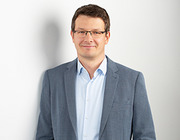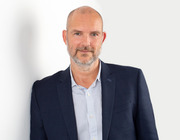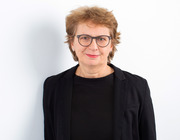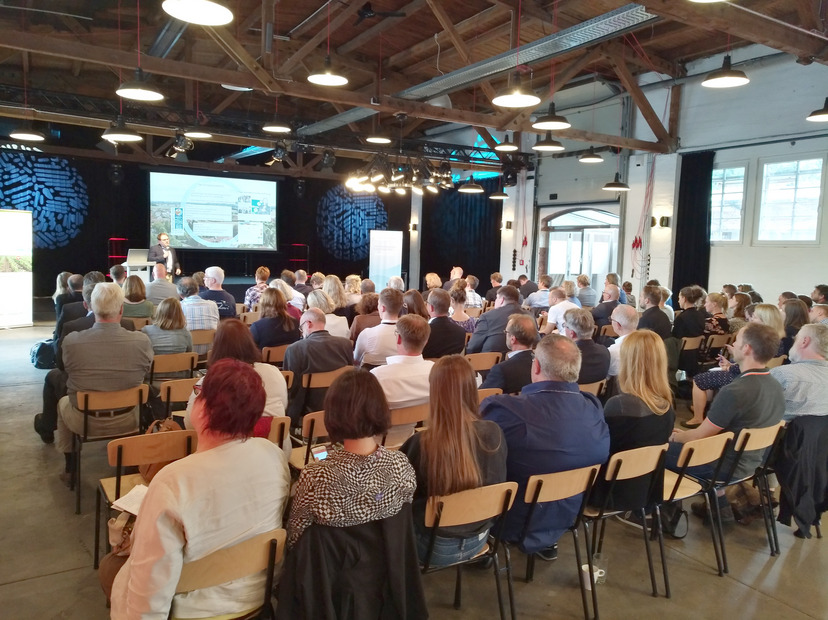Digital life in rural settings is attracting attention. The media are reporting on networked villages. Pilot projects such as Digital Dörfer (Digital Villages) are generating interest nationwide. Events on digitization in rural areas are connecting the driving forces in communities.
Examples of effective digital projects already exist in some rural areas. They deserve attention because they encourage others to emulate them. Not every small village is in a position or willing to launch a large-scale, sophisticated digitization strategy. That's why good examples are so important: They show the advantages of low-threshold digital solutions. They encourage imitation and can even inspire new ideas.
![[Translate to English:] Blick in den sich füllenden Saal im Alten Güterbahnhof in Kiel.](/fileadmin/files/_processed_/d/1/csm_Digitales_Landleben_Saal_fuellt_sich_ST-LK_Original_81234_3a3e0d1be5.jpg)






